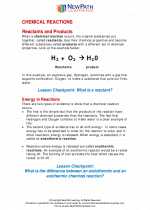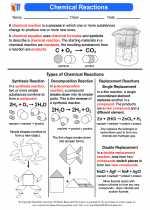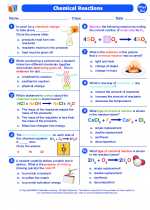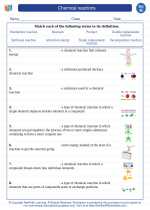What is ACTH?
Adrenocorticotropic hormone (ACTH) is a hormone produced by the pituitary gland in the brain. It is a key component of the hypothalamic-pituitary-adrenal (HPA) axis, which plays a crucial role in the body's response to stress and regulation of various physiological processes.
Function of ACTH
ACTH primarily acts on the adrenal glands, stimulating them to produce and release corticosteroid hormones, such as cortisol. Cortisol is involved in the regulation of metabolism, immune function, and response to stress. ACTH also plays a role in the regulation of blood pressure, muscle function, and the body's inflammatory response.
Regulation of ACTH
The secretion of ACTH is controlled by the hypothalamus and is influenced by various factors such as stress, time of day, and cortisol levels in the blood. The hypothalamus releases corticotropin-releasing hormone (CRH), which in turn stimulates the pituitary gland to produce and release ACTH. ACTH then acts on the adrenal glands to regulate cortisol production.
Disorders Related to ACTH
Imbalances in ACTH levels can lead to various disorders. For example, an excess of ACTH can result in conditions such as Cushing's syndrome, characterized by weight gain, high blood pressure, and muscle weakness. On the other hand, insufficient ACTH production can lead to adrenal insufficiency, causing fatigue, weight loss, and low blood pressure.
Study Guide
- Describe the role of ACTH in the body.
- Explain the regulatory mechanism of ACTH secretion.
- Discuss the effects of excessive and insufficient ACTH levels on the body.
- Compare and contrast the functions of ACTH and cortisol.
Understanding the role and regulation of ACTH is crucial in comprehending the body's response to stress and its impact on various physiological processes.
.◂Science Worksheets and Study Guides Eighth Grade. Chemical reactions

 Activity Lesson
Activity Lesson
 Worksheet/Answer key
Worksheet/Answer key
 Worksheet/Answer key
Worksheet/Answer key
 Worksheet/Answer key
Worksheet/Answer key
 Worksheet/Answer key
Worksheet/Answer key
 Vocabulary/Answer key
Vocabulary/Answer key
 Vocabulary/Answer key
Vocabulary/Answer key
